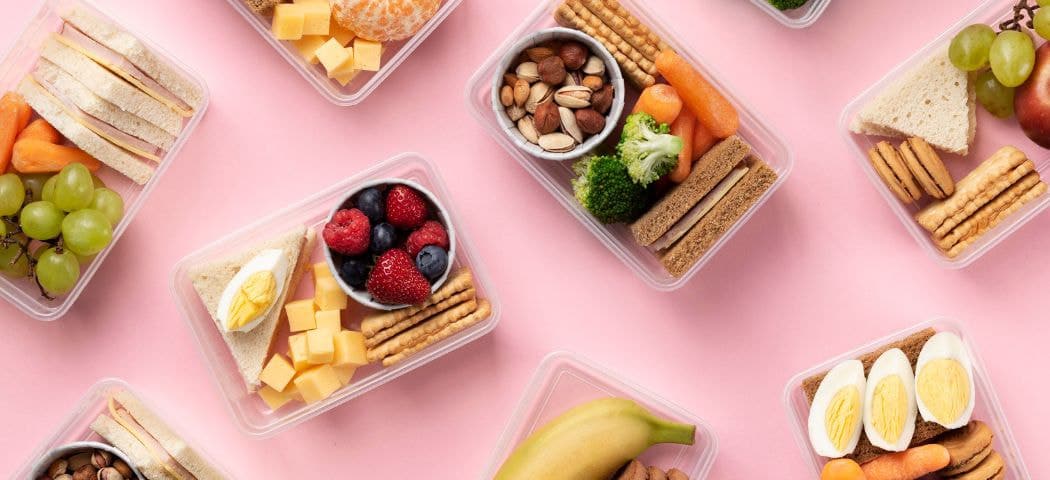A healthy body mass index (BMI) requires proper nutrition. To lower your BMI, eat nutrient-dense foods and practice portion control, mindful eating, and limiting processed food.
The foods you eat can have a significant impact on your BMI. In fact, it’s one of the fastest ways you can lose weight.
Understanding Body Mass Index (BMI)
Body mass index (BMI) is a measure of body fat based on height and weight. It assesses your health status by weight category.
Generally, the higher your BMI, the more at risk you are of having chronic diseases such as type 2 diabetes, cardiovascular diseases, high blood pressure, and certain types of cancers.
By focusing on foods that help reduce your BMI, you can support overall health and prevent most chronic diseases.
Take note that while BMI is a useful tool for assessing weight status on a population level, it has limitations and may not accurately reflect an individual’s body composition or overall health.
Factors such as muscle mass, bone density, and distribution of body fat can influence BMI readings.
Nutrient-Dense Foods for Lowering BMI
- Fruits and Vegetables: Incorporate plenty of fruits and vegetables into your diet, as they are low in calories and high in fiber, vitamins, and minerals. Aim to fill half of your plate with colorful fruits and vegetables at each meal to promote satiety and support weight management.
- Whole Grains: Choose whole grains such as brown rice, quinoa, oats, and whole wheat bread over refined grains. Whole grains are rich in fiber, which helps keep you feeling full and satisfied while stabilizing blood sugar levels.
- Lean Proteins: Opt for lean sources of protein such as skinless poultry, fish, tofu, legumes, and beans. Protein is essential for building and repairing tissues, supporting muscle growth, and promoting satiety, which can aid in weight management.
- Healthy Fats: Include sources of healthy fats in your diet, such as avocados, nuts, seeds, and olive oil. Healthy fats are important for brain health, hormone production, and absorption of fat-soluble vitamins. They also help keep you feeling full and satisfied, reducing the likelihood of overeating.
- Low-Fat Dairy: Choose low-fat or fat-free dairy products such as yogurt, milk, and cheese to reduce calorie and fat intake while still benefiting from essential nutrients like calcium and protein.
Tips and Tricks for Lowering BMI with Food
- Portion Control: Be mindful of portion sizes and avoid overeating, even when consuming healthy foods.
- Mindful Eating: Pay attention to hunger and fullness cues, and eat slowly to savor the flavors and textures of your food.
- Limit Processed Foods: Minimize your intake of processed and packaged foods high in added sugars, unhealthy fats, and sodium.
- Stay Hydrated: Drink plenty of water throughout the day to stay hydrated and prevent thirst from being mistaken for hunger.
Wanna take weight loss further?
Remember to combine healthy eating habits with regular physical activity and other lifestyle factors to achieve the best results.
Get to know more about your BMI! Consult with Marie France for personalized guidance and support on your weight loss journey.
Book an appointment today!










